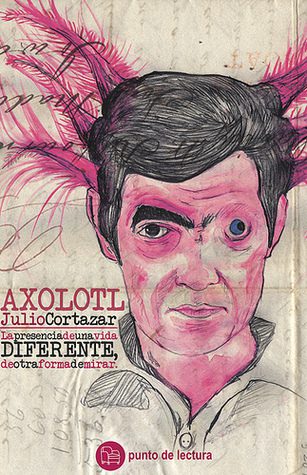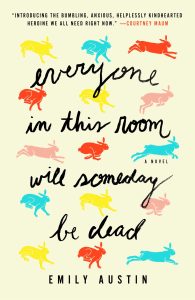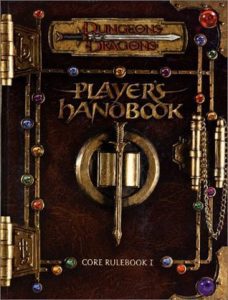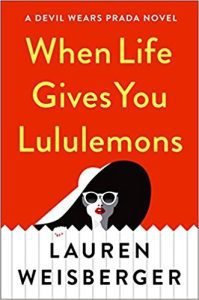Title: Axolotl
Author: Julio Cortázar
First published January 1, 1952
7 pages
Rating: 4.17
Overview
When I was younger, I made a pact with my best friends that we’d never fall for a King brother. But when Ethan King walks into my life, all bets are off.
He’s charming, he’s handsome, and he’s a billionaire. The problem is that I’m his assistant and I can’t afford to fall for him.
I’m already walking a thin line trying to keep my job and my sanity in check. Ethan is everything I never wanted, yet everything I desire.
With his piercing blue eyes and chiseled body, he’s a temptation that’s hard to resist. But as I try to navigate my feelings, I realize that Ethan might not be as perfect as he seems.
He’s got secrets that could destroy us both, and I’m not sure if I’m ready to take that risk.
About the Author
Julio Cortázar was a renowned Argentine author who wrote both novels and short stories. He had a profound impact on Latin American writers across the region, from Mexico to Argentina.
Most of his notable work was created during his time in France, where he settled in 1951.
Editoral Review
Axolotl, by Argentine writer Julio Cortzar, is a surreal and thought-provoking collection of short stories first published in 1956. One of the most influential Latin American writers of the twentieth century, Cortzar was known for his experimental style and his ability to blur the lines between reality and fiction.
The stories in Axolotl are strange, often unsettling, and always unpredictable. In “Axolotl,” the title story, a man becomes obsessed with the titular amphibian, ultimately transforming into one himself.
In “The Night Face Up,” a motorcyclist is involved in an accident and finds himself living out a nightmare in a Mayan temple thousands of years in the past. In “The Idol of the Cyclades,” a man falls in love with a statue and is brought to his knees by his passion.
Cortzar’s writing is at once dreamlike and precise, with a sense of mystery and ambiguity that draws the reader in. His stories often deal with themes of identity, isolation, and the fragility of the human experience.
Cortzar deftly weaves together elements of the surreal and everyday life, creating a surreal and unforgettable literary universe that feels both familiar and otherworldly. Despite its age, Axolotl remains a potent and relevant work of literature.
Its exploration of the human experience and the human psyche is as resonant and insightful today as it was when it was first published. The book also serves as a fascinating glimpse into Latin American literature in the mid-twentieth century, with its blend of magical realism and existential philosophy.
Perhaps the only flaw in Axolotl is its occasional opacity. Some of the stories are so surreal and abstract that they can be difficult to follow, and readers who crave concrete narrative may find themselves frustrated.
However, for those willing to embrace the unusual and the enigmatic, Axolotl is a singular reading experience. Overall, I highly recommend Axolotl to readers who are interested in surrealism, magical realism, and literary experimentation.
This collection of short stories is a masterclass in the craft of short fiction, and it is sure to leave an indelible impression on anyone who reads it. I give Axolotl a score of 4.5 out of 5, based on its stunning prose, evocative imagery, and profound insights into the human condition.



